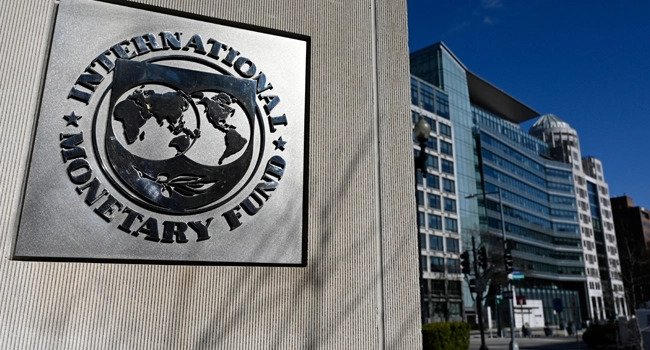IMF Warns Recession Will Hit One-Third Of World’s Economy This Year
Head of the International Monetary Fund (IMF), Kristalina Georgieva, has said the world’s economy is in for a tougher year as it projects one-third of the globe sliding into recessio
The year 2022 had seen various countries suffering the ripple effects of the ongoing Russia- Ukraine conflict, the resurgence of the COVID-19 virus in China as well as stifling inflation indices not just on the African continent but amongst some of the biggest economies.
Georgieva, while explaining the IMF’s October global economic growth outlook for 2023 insisted that the best of economies might likely not be spared from the far-reaching effects of the recession.
“We expect one-third of the world economy to be in recession, she said on the CBS news programme Face the Nation.
“Even countries that are not in recession, it would feel like a recession for hundreds of millions of people.”
The 59-year-old economist also noted that the Chinese economy should also expect slow growth as they continue to fight the pandemic that has affected production.
“For the next couple of months, it would be tough for China, and the impact on Chinese growth would be negative, the impact on the region will be negative, the impact on global growth will be negative,” she said.
According to her, the US stands a better chance of escaping global contractions due to its resilient labour market.
“The US economy is remarkably resilient… (and) may avoid recession. We see the labour market remaining quite strong,” she said.
‘Focus On Your Budgets’
Georgieva, also speaking on the debt profile of countries claimed there was the need for some level of “concern” as many of these nations had gone beyond the advised borrowing scheme.
“Once Russia invaded Ukraine and that added impetus to inflation, money is not cheap anymore, the advice we give to the government is to focus on your budgets and make sure you have sufficient revenues to collect and you spend very wisely,” she said.
“What we are seeing is the world is a more shock-prone world the lessons we learned from the last couple of years are that no more are we operating with relative predictability of what the future will bring.”




